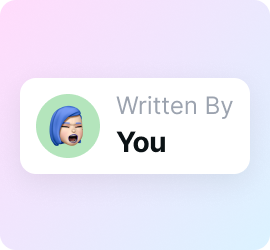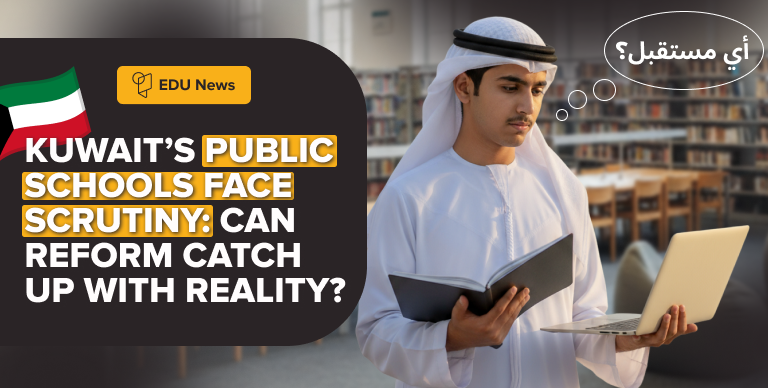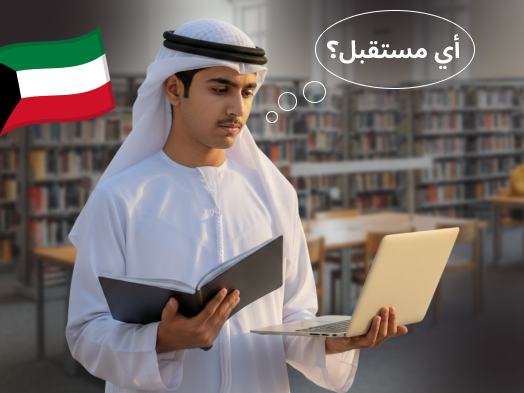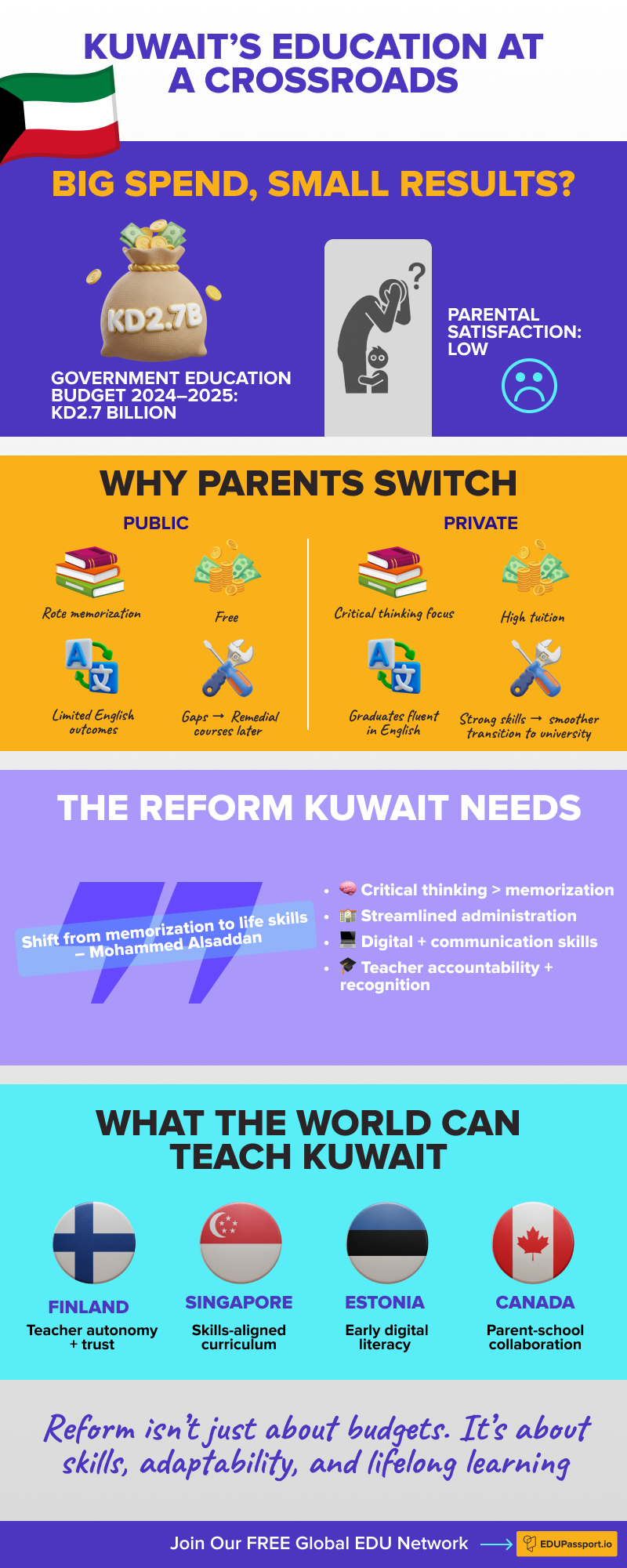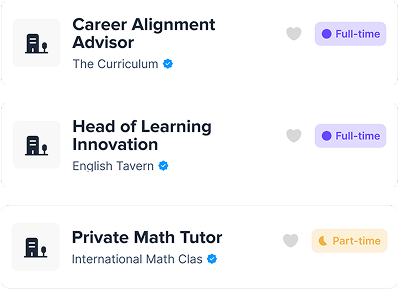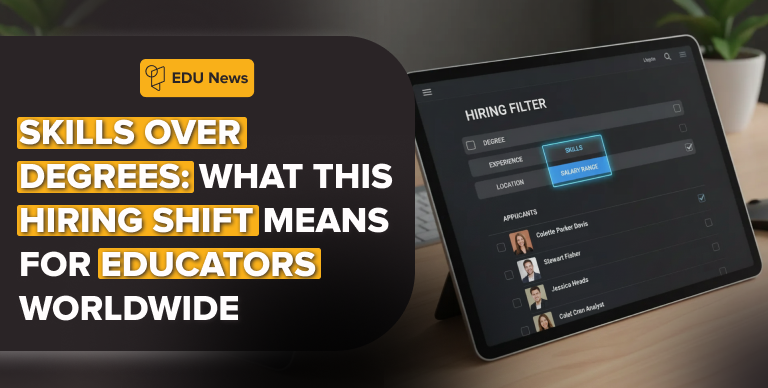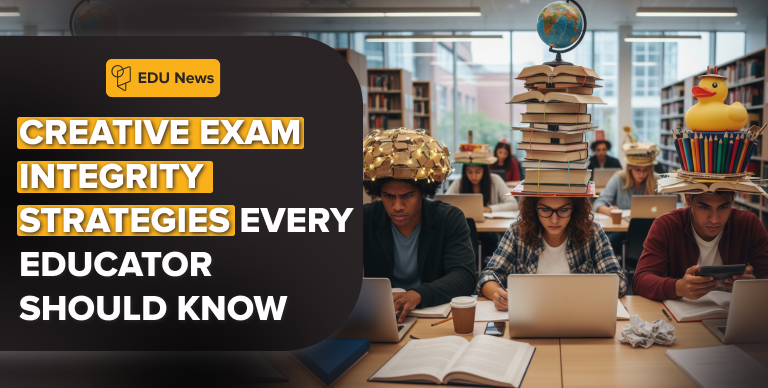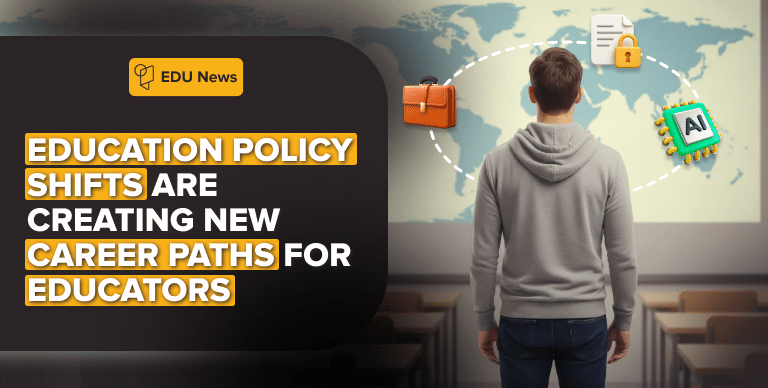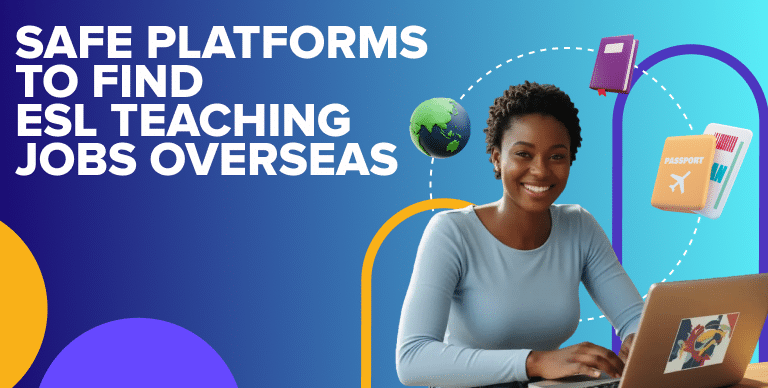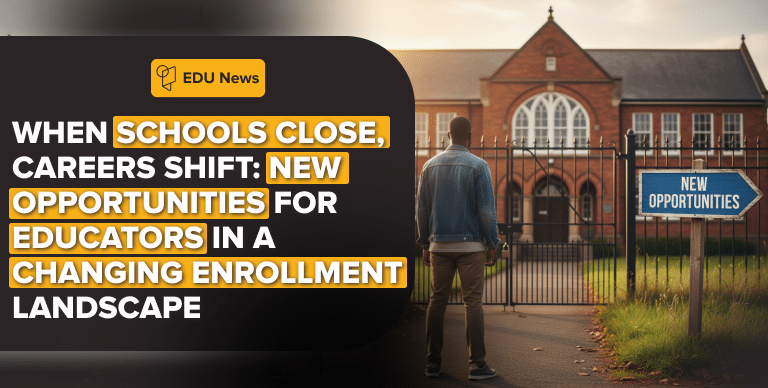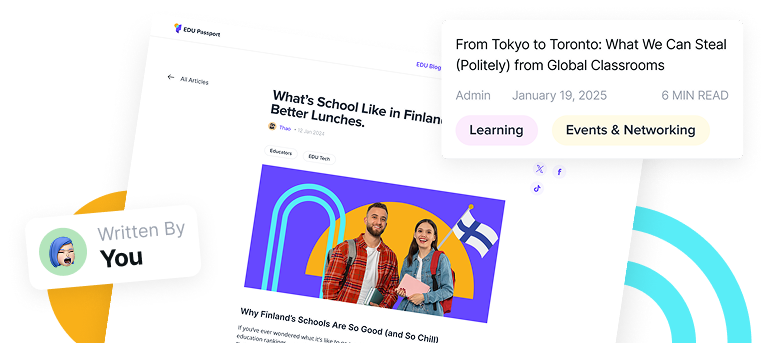Kuwait’s public education system is under a bright, unflattering spotlight. Despite billions in government spending, parents and experts say classrooms are stuck in the past — weighed down by rote memorization, bloated administration, and uneven standards.
The result? Many families, like parent Sarah Bader, are quietly exiting the public system and paying hefty tuition for private schools that promise better outcomes.
Money vs. Quality
The numbers don’t lie: over KD2.7 billion was allocated to education in the 2024–2025 budget. Yet experts argue the results don’t match the money.
Education specialist Mohammed Alsaddani blames inefficiency:
“An inflated administrative structure slows decisions, discourages innovation, and creates apathy.”
That bottleneck filters down to schools. Some flourish under strong leaders; others struggle with low morale and outdated practices.
Why Parents Choose Private Schools
Families aren’t just chasing prestige. Private schools are winning parents over because they deliver:
- Stronger trust between teachers, parents, and students
- Better language outcomes, with graduates fluent in English
- Skills that matter, reducing the need for university catch-up courses
Alsaddani sums it up: “Families with three or four children still use public schools because they’re free. But when parents can afford it, they choose private schools for the culture, not just the curriculum.”
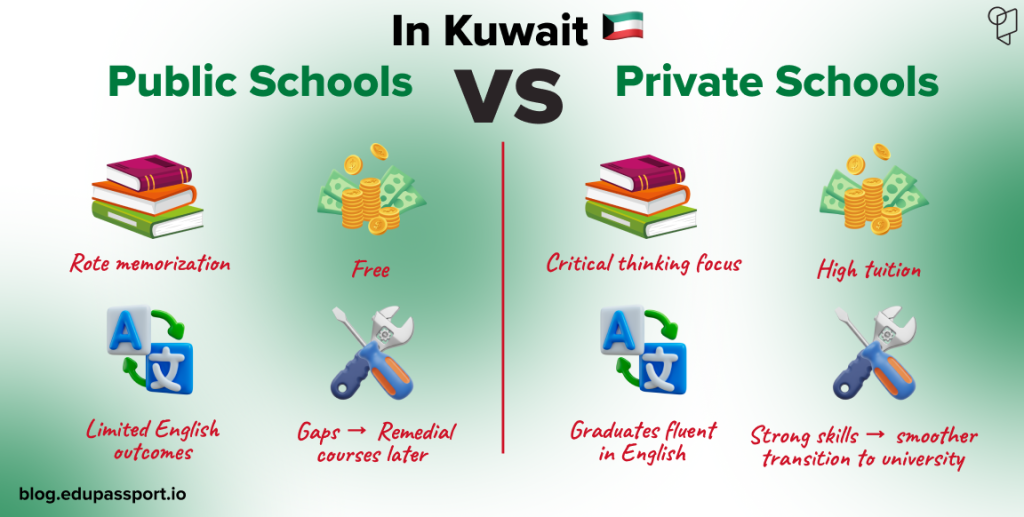
The Case for Reform
Experts agree Kuwait’s reforms must be bolder than simply swapping textbooks. What’s needed:
- Shift focus from memorization → critical thinking + life skills
- Streamline bloated admin → empower schools locally
- Align curricula → digital literacy + communication skills
- Motivate teachers → accountability + recognition
Parent Bader puts it bluntly: “With AI tools like ChatGPT, knowledge is already accessible. Schools should focus on skills — survival, communication, critical thinking — not just memorizing content.”
EDU Passport’s Take
This isn’t just Kuwait’s dilemma. From New York to Nairobi, families are asking the same question: What should schools really teach in an age where knowledge is everywhere?
The answer may not be throwing more money at the problem. It’s about building adaptable schools that teach lifelong learning, resilience, and real-world skills.
👉 Want global lessons on reform that actually works? Explore EDU Passport’s insights on how schools can evolve for today’s—and tomorrow’s—students.



